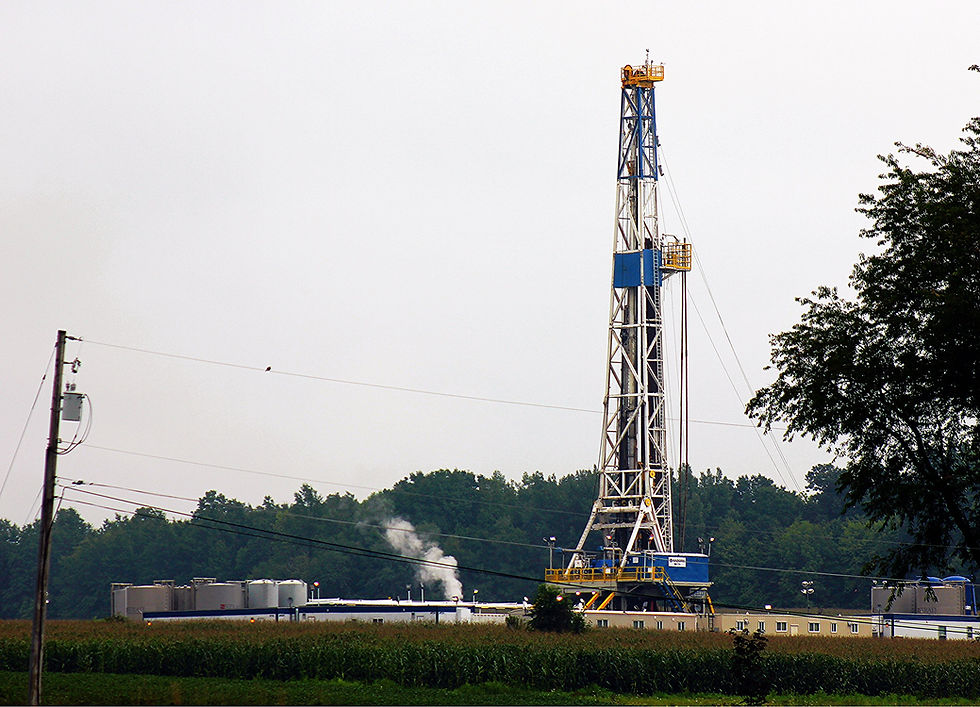Henry Haslam: Turning the economy green
- Jul 12, 2024
- 2 min read
Updated: May 20, 2025
How do we turn the economy green? Does economic growth inevitably mean environmental damage? If we are to make progress in debates about green growth and degrowth, we need to distinguish between different kinds of economic activity. It’s not the overall size of the economy that really counts, it’s how much it contributes to human well-being, as well as how much damage it causes.

A great deal of economic activity consists of manufacturing, construction, travel and transport. These activities mostly have a harmful effect on the environment, but we can develop and apply new technologies and different ways of doing things so as to achieve the same objectives with less damage. That’s one kind of green job. Some of the technologies that are used to reduce carbon-dioxide emissions, however, bring their own environmental problems. They make great demands, for example, on the world’s supply of non-renewable resources such as lithium, copper, cobalt and rare-earth elements. We may hope – and expect – that the green technologies that we now use represent just one stage in a continuous process of invention and development, and that they will be replaced in the future by other technologies that are less damaging.
The second kind of green job has, by its nature, a small environmental footprint. Many service industries and online activities have very little impact on the natural world. Carers and comedians, medics and musicians, teachers and sports coaches: these – and many others – add to the quality of our lives, with little environmental impact.
Those of us who care for the environment and are able to make choices can decide to participate more in such low-impact economic activities and less in the high-impact activities. This would not be new: most of the increase in economic activity in recent decades has been in service industries rather than goods. In the post-war years, when the concepts of GDP and economic growth were being developed, the economy meant industrial production. We live in a different world today.
Third, when people are paid to plant woodland, restore peatlands and create wetlands, they benefit biodiversity, they reduce carbon-dioxide emissions, they offer an improved living environment for people nearby – and they contribute to economic growth. The £80m Green Recovery Challenge Fund, for example, supported 150 projects, created more than 2,600 jobs and connected more than 400,000 people with nature. Such activities represent only a small part of the economy but, for environmentalists, they represent win–win–win–win.
We should switch the focus from the size of the economy. It’s outcomes that matter.
Views expressed in this blog are those of the author, not necessarily those of the Conservative Environment Network. If you are a CEN supporter, councillor, or parliamentarian and would like to write for the CEN blog, please email your idea to info@cen.uk.com




Comments